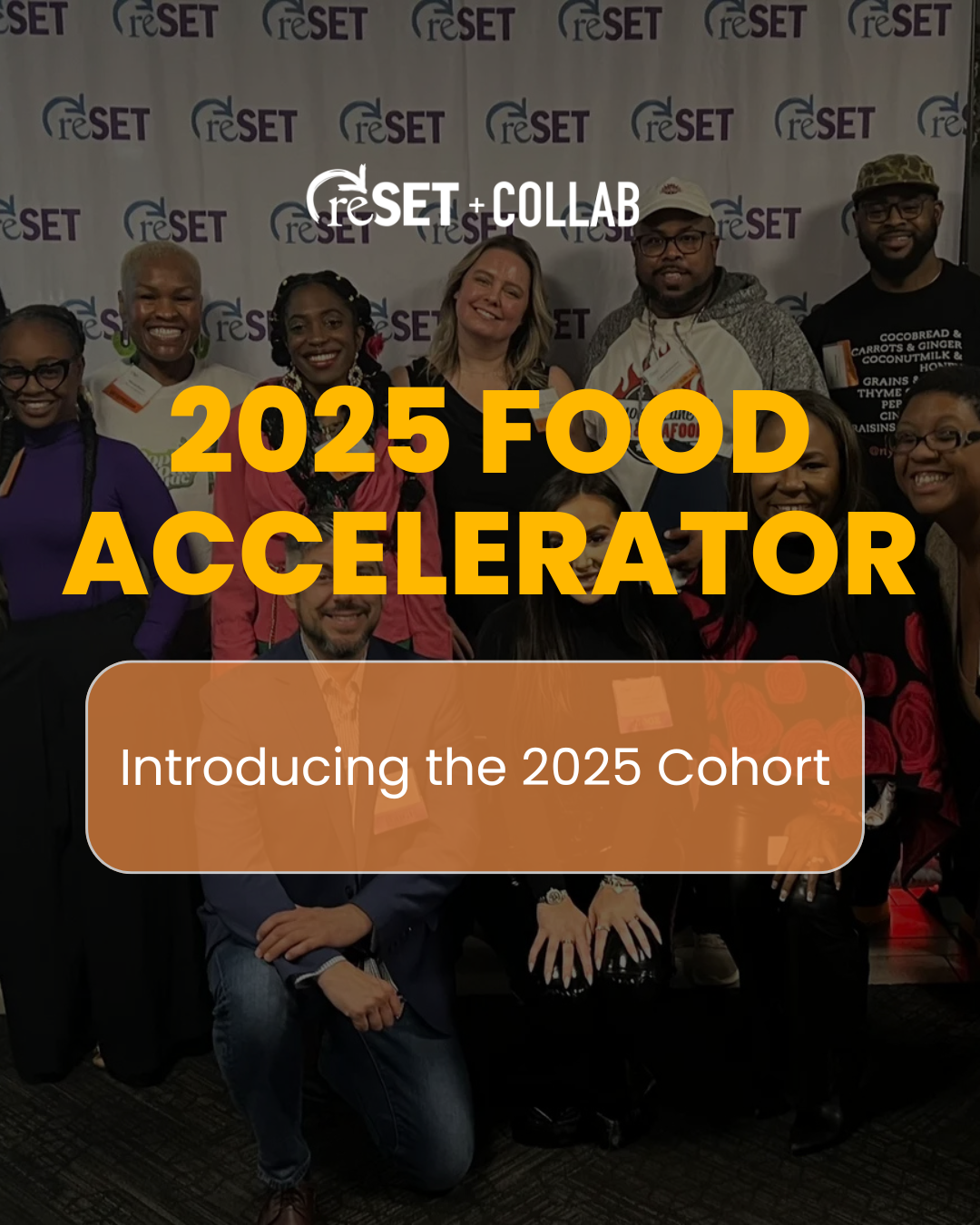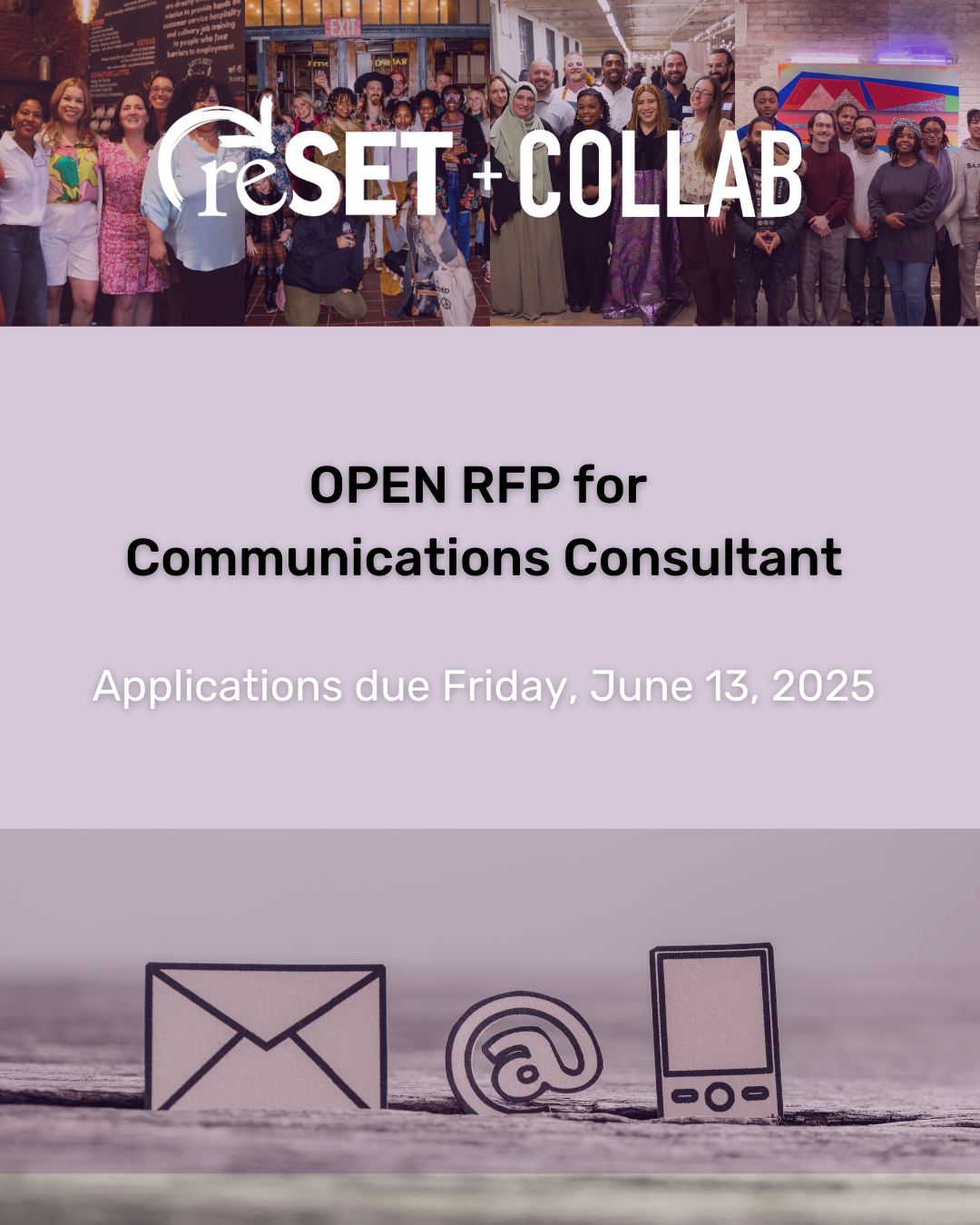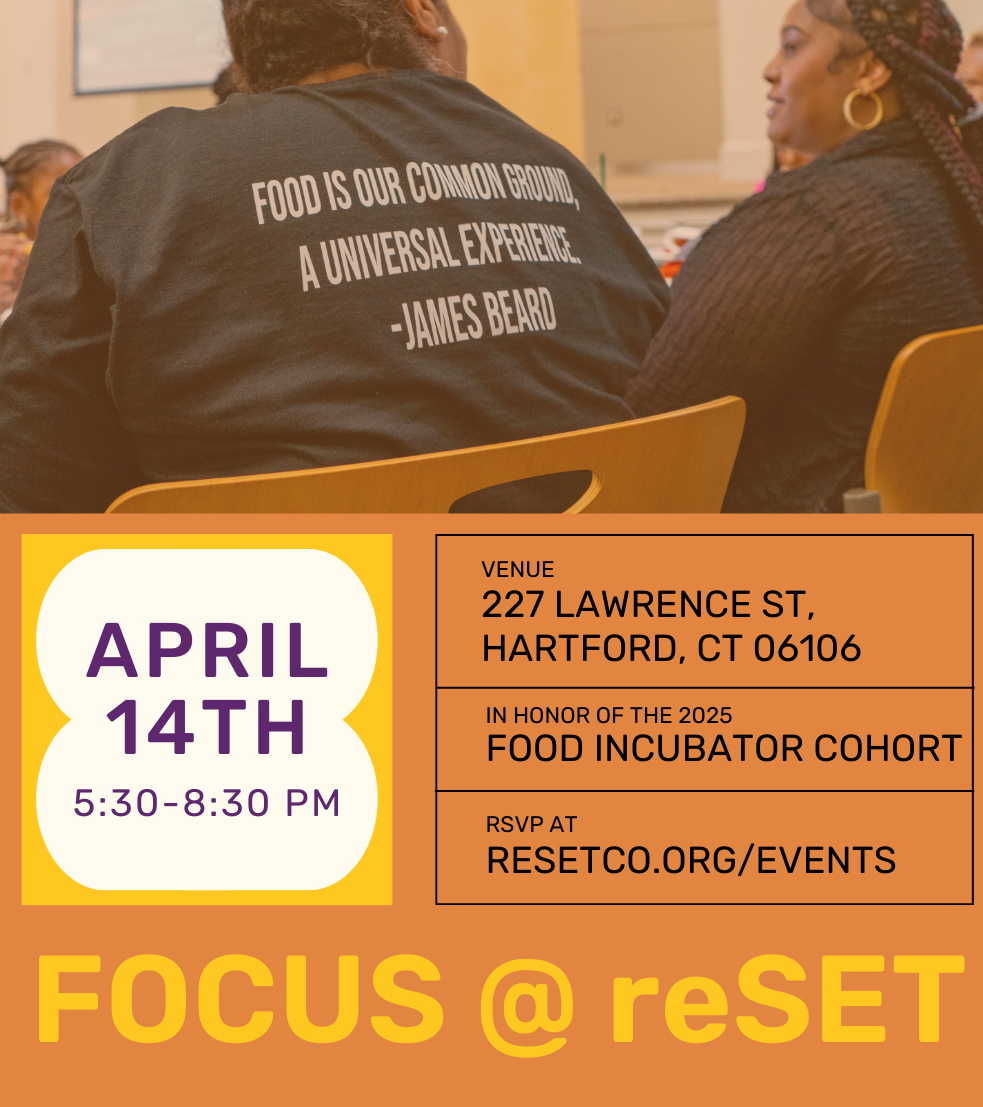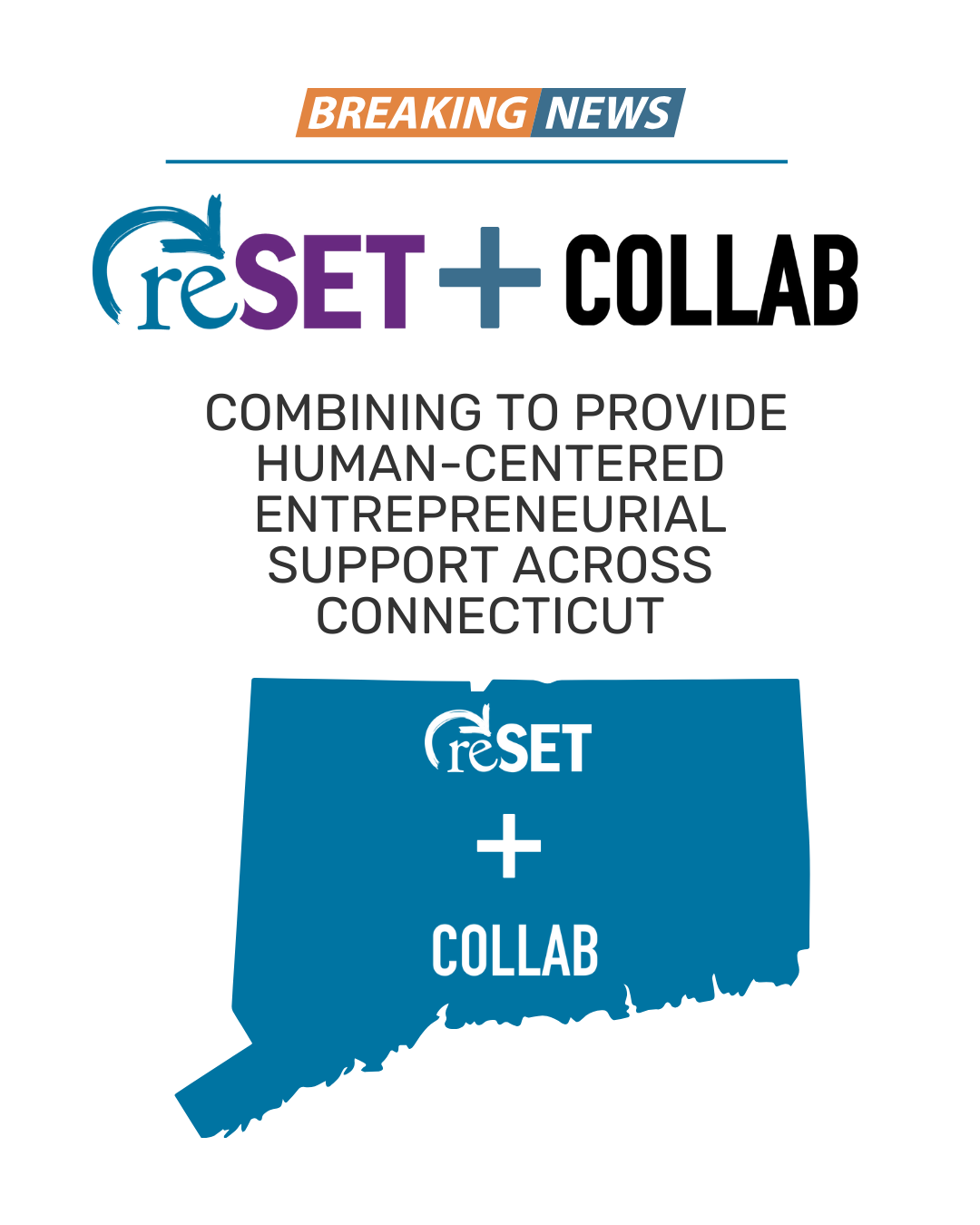For full Innovation Destination Hartford coverage and related content, please click here.
The founding team for Israeli-based Project Ray, one of the innovative startups participating in the 2018 reSET Impact Accelerator. (CEO Boaz Zilberman second from right.)
Israeli-based Project Ray is one of many innovative startups in the 2018 reSET Impact Accelerator. The program is designed for entrepreneurs in the early stages of business development.
CEO Boaz Zilberman discussed the evolution of the startup, challenges the company has encountered, and the importance of creating a U.S. presence in Connecticut.
INNOVATION DESTINATION HARTFORD: When and why did you start your company?
BOAZ ZILBERMAN: The company evolved over time to become what it is today.
We started with pro-bono technology work we had done with the Israeli Library for the Blind in 2012. In the process, we recognized the difficulties of elderly people with visual impairment (about 75% of the 6 million visually impaired in the United States). It was challenging for them to utlize the current technologies available that enable the blind to use smartphones. (The technologies involve reading any element on the screen aloud and a special set of fingertipping.)
IDH: How did you develop the business concept?
BOAZ: While working ith the community, we identified a new user interface concept, now a registered patent, that enables users to access different capabilities using a simple figure gesture on the screen.
Next was a long stage of trying to identify funding resources for the project. We managed to get funding from Israeli resources and Qualcomm Corp. in 2013, a time in which we “officially” launched the company and started the work. Throughtout 2014 and 2015, we developed the solutions, including ongoing product release cycles for friendly endusers around the world.
In 2016, we started actual sales of the product in Israel. Our sales increased considerably in early 2017, when we signed a distribution agreement with the Israeli mobile carriers that provides the solution free of charge f for any visually impaired person.
After securing this deal—and proving to ourselves that the business model we have to collaborate with mobile carriers works—we initiated the activity in the United States, which resulted in opening a U.S. office in Hartford and joining the reSET accelerator.
IDH: What makes your product innovative?
BOAZ: Project Ray provides accessible smartphones and related digital services for visually impaired people. Our unique approach is to provide a super-easy interface on the device that is the same across all applications and services.
In addition, we have a range of tactile interfaces in the form of touch buttons that enable people with different levels of visual impairment to use voice recognition, simple gestures, or physical keys to interact and use the device and applications.
IDH: Why did you become involved in reSET Accelerator program?
BOAZ: Being an Israeli company, we felt that we didn’t know enough about the go-to-market aspects of the U.S. market, especially as they related to impact ventures like us. Our gap of knowledge and understanding spanned a varity of issues—including finding the right channels to use, determining how to advertise to a niche segment, and identifying the government bodies that deal with the community as well as the non-governmental organizations involved.
Also important is the issue of funding. The concept of impact investing is relatively new and not clearly defined, and it’s of crucial importance to our expansion potential.
We had heard about reSET in the past, due to their work in the impact sector and the fact that we opened the office in Hartford. With their local presence, it was a “match made in heaven.”
IDH: In what ways is your company making a social impact?
BOAZ: Social impact for us is easy—we serve a niche segment of the community that is often ignored by technology giants.
Working with this community requires a high degree of specialization, a lot of patience, social skills, and superior technology. The personal drive is crucial to survive and continue in this market.
I think the drive to push it forward is a combination of the satisfaction you get when you see an elderly person exchange social messaging with his/her grandchild and the commitment of the few thousands of current customers who see us in the same way you look at Steve Jobs (assuming you have a smartphone!).
IDH: What has been your biggest challenge as a startup?
BOAZ: Clearly, understanding the needs and capabilities of our endusers.
Our ability to identify a user interface concept for the visually impaired is not trivial. Sighted people with a high degree of technology know-how will never be able to “see” things as the visually impaired do. Our ability to learn from what they do and the patience we’ve found with working and understanding them was the crucial, none-trivial aspect of it all.
IDH: What resources do you need most to move your company forward?
BOAZ: Connections and money.
Connections are required to speed and pinpoint the best go-to market channels. In our work with a small community of endusers and their caregivers, we cannot use general and expensive marketing channels. We must identify the best way to build awareness and approach users quickly and efficiently.
And money is required to finance the operation and build the infrastructure that is needed for marketing, training of potential users, and support.
In Israel, our day-to-day operation is managed by six visually impaired employees who run all the aspects of the business. Our immediate goal is to do the same in Connecticut. We are now seeking the first visually impaired employee to join us and help us drive the business forward.
IDH: What is the best advice you have received?
BOAZ: To listen to whoever and whatever you can—to judge with open mind—and be very stubborn and jealous for your own principals.








